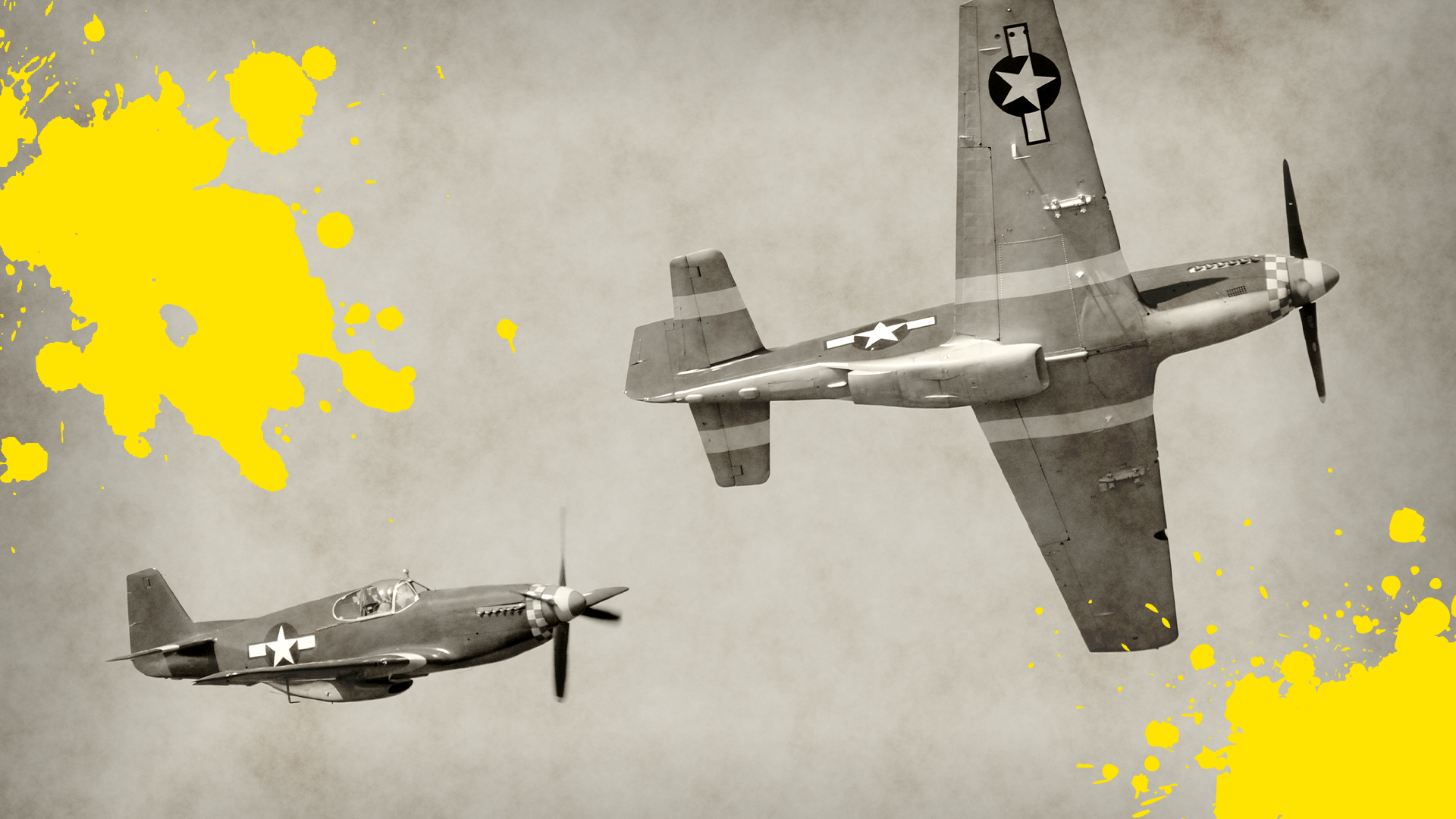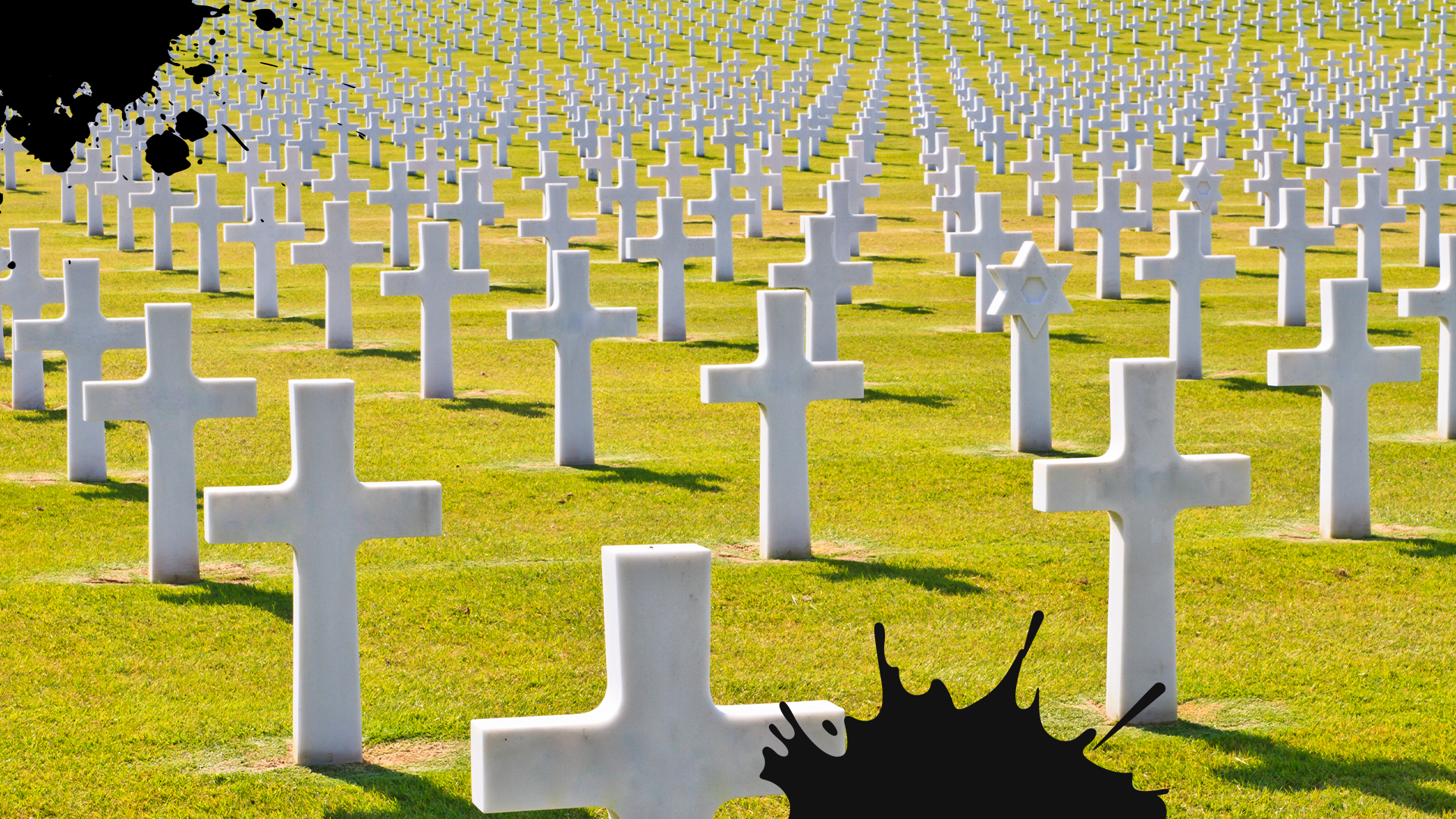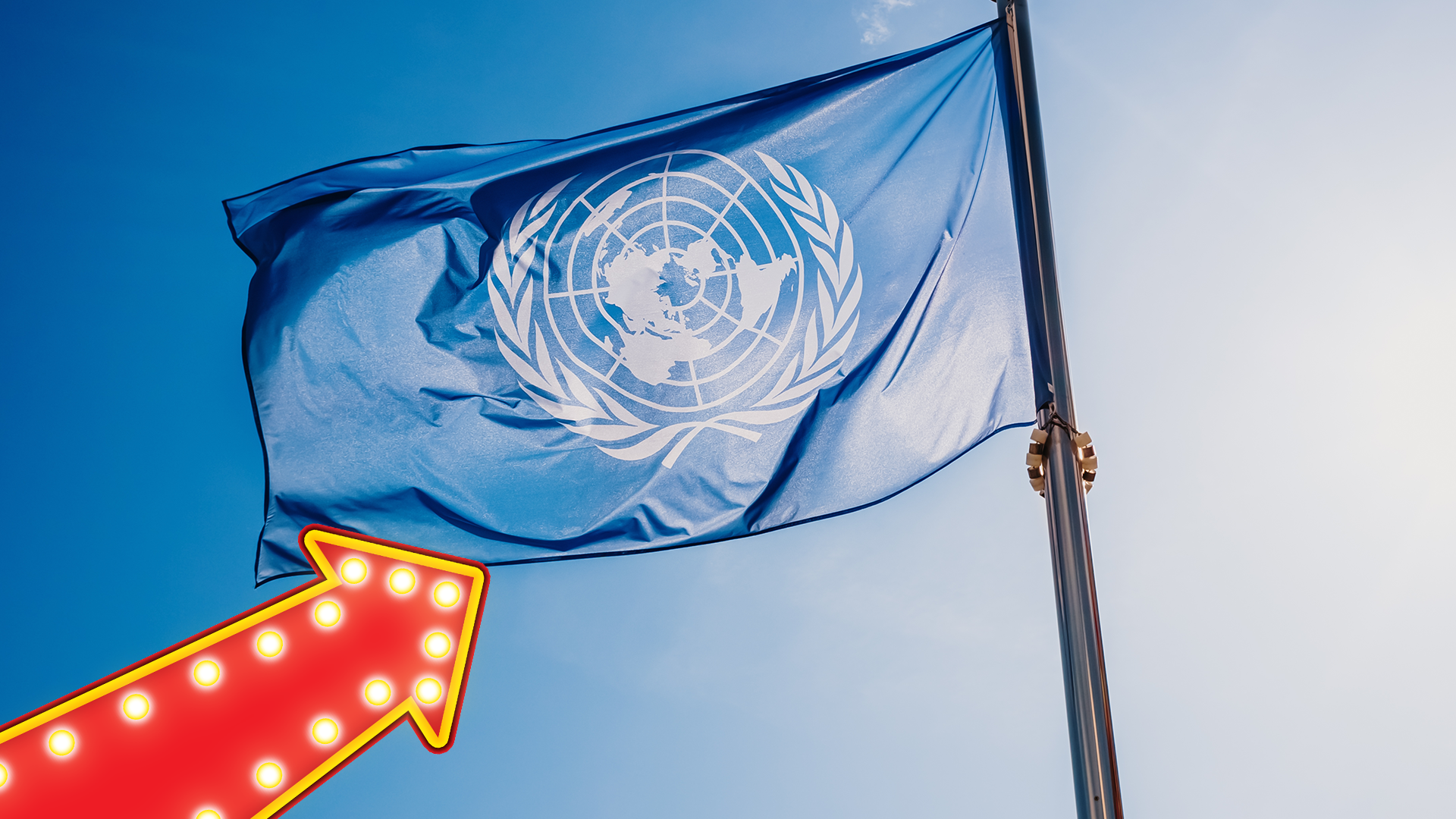The 15 Most Interesting World War 2 Facts For Kids That Are Important to Know
Here are 15 fascinating and important facts about World War Two for kids! How many of these interesting WW2 facts did you already know, and how many are brand new to you?
World wars are very complex and confusing – so here are 15 of the most interesting facts about WW2. Learn all about why the war started, how it ended, and what it was like to live through for ordinary kids.
Once you’ve read these facts, why not have a go at our World War 2 quiz?
1. The war started because of WW1
It’s a super complex issue, but basically, it all boils down to WW1 – after Germany lost, a lot of allied powers like France and the UK wanted to punish Germany, and treated them very harshly, which led to a depression and food shortages. This environment made it much easier for the Nazis to thrive, take power, and put the blame on vulnerable groups.

2. It lasted 6 years
The war lasted from 1939, when Adolf Hitler invaded Poland, to 1945. That’s 6 whole years of war, 2 more than WW1. It wasn’t the longest war in history by any stretch (There’s a war called the 100 years war!), but advanced technology meant that it was the deadliest.

3. Jewish people and other minorities were the unfair targets of the Nazis
The Nazis and their allies wanted to blame vulnerable groups who were already persecuted, such as Jewish people, gay people, the disabled, non white people, Roma and communists, amongst others. People found it much easier to blame these groups for their problems than face the complex reality. The Nazis imposed restrictions on these peoples lives, terrorised them, and eventually found a way to kill them systematically, in an event known as the Holocaust.

4. The Blitz lasted for 8 whole months
The Blitz (Short for Blitzkrieg, which means ‘lightning war’ in German) was a heavy bombing campaign the Nazis unleashed on London and other UK cities. Every night, German planes would drop thousands of bombs on cities, especially ones that made weapons and supplies. The Blitz destroyed huge parts of London, Coventry, Glasgow and other UK cities, and caused over 40,000 civilian deaths.

5. Children in the UK were evacuated
In order to keep city children safe from bombs, many of them were evacuated to the countryside. Some children found this scary and hated being away from home, but some really enjoyed the opportunity to have new experiences – some children from London had never even seen cows before!

6. Children from Europe were brought to the UK
- As well as British children, efforts were made to take Jewish children and other vulnerable Children out of mainland Europe so they couldn’t be attacked by the Nazis. This was known as ‘Kinder Transport’, and people like Sir Nicholas Winton worked tirelessly to help as many children escape as possible. Judith Kerr, the famous children’s author, was just one child who fled to the UK during the war. Sadly, not all children were saved, and the government didn’t take as many as they could have.

7. Food was a bit different during the war
Food in Britain was rationed during the war, meaning everyone could only have a certain amount a week. People were given books of coupons instead of money. The rules were very strict; you could only have one egg a week, a tiny bit of meat, and no sweets at all! In fact, it was ILLEGAL not to eat everything on your plate! Bad news for fussy eaters. This was because lots of these foods were from outside the UK and had to be imported, which would have been dangerous and a waste of ships. Lots of people started growing their own food in allotments, and even though their diets were a bit boring, the British public actually got healthier during the war! For the first time in history, everyone in the country got exactly the same amount of food, which meant some people got more than they used to and finally got the nutrients they needed. Could you go 6 years without any sweets?!

8. The UK had help from lots of other countries
The UK was the head of the Commonwealth, a group of countries that had previously been part of the British Empire. All these countries were required to fight for the UK, so as well as Northern Irish, Scottish, English and Welsh Soldiers, Britain fought alongside Canada, Australia, India, New Zealand, and many African, Caribbean and Asian countries.

9. The Battle of Britain wasn’t just about Britain
The Battle of Britain sounds like the most British thing ever, right? Well, sort of. The Battle of Britain was a sky fight over Britain which took place between July and October 1940, and saw hundreds of pilots being shot down and killed. The British pilots weren’t alone though – pilots from Poland, Canada, France, South Africa and the Carribean amongst others also took part, making it a truly international effort to save Britain from the Nazis.

10. The blackout made life very strange
The blackout was the name for the rule in the UK that no lights must show in the streets after dark during the war – this was to confuse enemy planes and prevent bombs being dropped. People put up blackout curtains to make sure no light escaped, streetlamps were extinguished and everything was plunged into pitch blackness. To add to the confusion, the government removed lots of street signs to confuse enemy spies, so it was even harder to tell where you were going! Disobeying the blackout rules was illegal, and sometimes people would get fined for the tiniest things – including having the pilot light on their iron visible!

11. People who secretly fought the Nazis were called the ‘resistance’
Not everyone under Nazi rule was happy about it. In fact, lots of people risked their lives secretly disobeying the Nazis and trying to sabotage them. These groups were known as ‘The Resistance’ and they flourished in France, Poland, Germany and The Netherlands among other places. The resistance would hide Jewish people and other Nazi targets, pass secrets to the allies and do as much as possible to interfere with Nazi rule. Even some famous people, like actor Audrey Hepburn, were in the resistance before they became famous – Audrey would take part in secret performances to raise money for the resistance.

12. Everyone in the UK got very paranoid
In the UK, people were told to be on the lookout for spies at all times. This included spying on their neighbours and watching out for anything ‘suspicious’ – like people talking German! Anyone might be a suspect – your neighbour, your teacher, even your vicar! People were advised not to gossip either, because ‘Careless Talk Cost Lives’. Could you have kept quiet?

13. The war ended with the bombing of Japan
The war was ended when two nuclear bombs were dropped on Japan by the Americans. These bombs caused incredible destruction and led to Japan’s surrender, the last Axis power holding out against the Allies. Although people were happy the war was over, it was also hugely devastating to Japan and its people.

14. It was the single bloodiest conflict in human history
Although not the longest conflict, the death toll of WW2 was unimaginably high. Significantly, twice as many civilians died as in the First World War, and it left behind destruction and devastation in most of the countries involved. Some countries even split up after the war, while others took a long time to recover financially and emotionally.

15. It helped create the UN
One good thing that came out of WW2 is that the countries involved decided they didn’t ever want it to happen again. They decided to form the United Nations, an organisation that strives to bring about world peace and ensure that war is prevented. Since WW2, none of the countries involved have been at war with each other again.




















